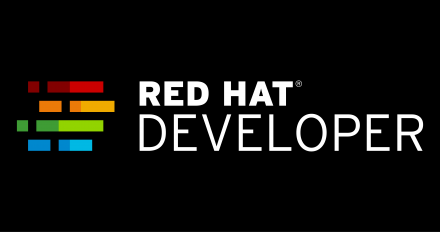
What's new in OpenMP 5.0
This article highlights features, changes, and “gotchas” to look for in the latest version of the OpenMP standard, OpenMP 5.0.

This article highlights features, changes, and “gotchas” to look for in the latest version of the OpenMP standard, OpenMP 5.0.

This blog demonstrates how to build an RPM if you have minimal knowledge or experience doing that.

This article describes GCC compiler optimizations for jump threading. Jump threading's major goal is to reduce the number of dynamically executed jumps on different paths through the program's control flow graph, which often results in improved performance due to the reduction of conditionals and, in turn, enables further optimizations.

This article focuses on flow-based warnings that have increasingly been implemented in what GCC calls the "middle end." Limitations of middle-end warnings are discussed, as are false positives in middle-end warnings and possible solutions.

This article sheds light on how warnings work in GCC, why some warnings are false, and when warnings might not be output. Also discussed are the trade-offs made when implementing checks in GCC.

The upcoming GCC 9 release will have improved diagnostic messages, simpler C++ errors, more accurate error location reporting, and optional machine readable output for developer tools.
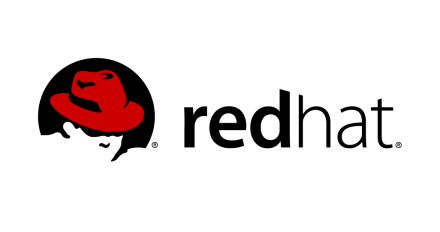
This article describes changes that were made to the Abigail library (Libabigail) application binary interface (ABI) change analysis framework and its associated set of tools in 2018.
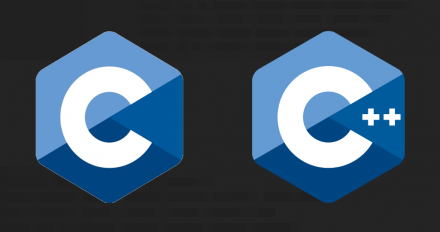
Documents, articles, and more about C and its extensions, C++ and C#.

How to install the latest stable versions of GCC and Clang/LLVM on Red Hat Enterprise Linux. Also covers tips for working with software collections and permanently enabling GCC 8/Clang 6.
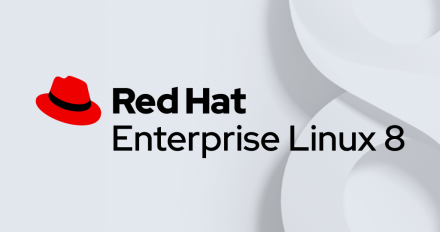
This article, the second is a series about eXpress Data Path (XDP), explores maps--a more-advanced eBPF feature--and some common pitfalls and basic debugging techniques.
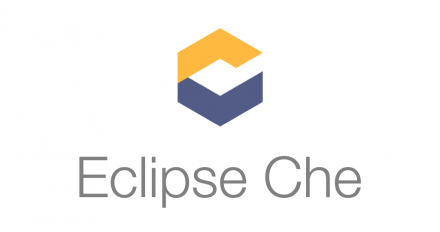
Eclipse Che stacks contain compilers, runtimes, and tools. But what if you need more? This article shows you how to create your own stack.

This article guides you through your first XDP program, building a working example from zero and allowing you to build a light-speed network application from there. With an XDP program, you can achieve unprecedented speed in packet filtering, because a modern driver with XDP support can easily handle more than 14 Mpps.

See how eBPF, extended Berkeley Packet Filter, can be a very powerful tool to troubleshoot complex network issues. Available now in RHEL 8 Beta.
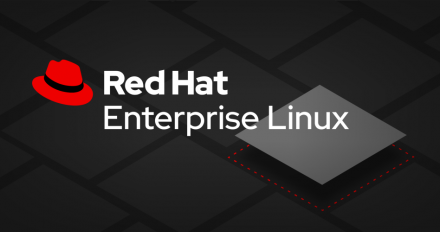
Red Hat has recently released Clang/LLVM, Go, and Rust as General Availability. This article covers the support lifecycle and release cadence for these compilers.


Clang tools and newer versions of GCC can be quite helpful for better warnings and error messages during C/C++ development. This article shows how you can easily install the latest supported Clang 5 and GCC 7 compilers using yum on Red Hat Enterprise Linux. It also provides tips for working with software collections.

To detect common programming errors, GCC 8 contains a number of new warnings and enhancements to existing checkers to help find non-obvious bugs in C and C++ code. This article focuses on those that deal with inadvertent string truncation and discusses some of the approaches to avoiding the underlying problems.

This blog is part of a series covering the latest changes and improvements in the Spring 2018 GNU Toolchain Update and components that make up this Toolchain. Apart from the announcement of new releases, however, the features described here are at the bleeding edge of software development in the tools.

Get a list of recommended build flags for compiling your C or C++ programs with the GCC compiler. Do you know which build flags you need to specify in order to obtain the same level of security hardening that GNU/Linux distributions such as Fedora and Red Hat Enterprise Linux use?

This article summarizes work that was done to make GCC 8 more usable by providing easier to understand warning and error messages. Many of these improvements will help you quickly recognize those common silly mistakes.


As a C/C++ developer you want to be able to easily access and use supported versions of the latest and greatest tools, and you want to be able to get the most from those tools. In this session, we’ll look at the new features made available through the GCC compiler and friends in Red Hat Enterprise Linux 7 and Red Hat Developer Toolset (which puts the same tools in the hands of RHEL6 Developers). We'll look at new language standard support, optimizations, and other toolchain features in terms of both what they offer, and practical how-to guidance so that your development teams can get real world value from them. You’ll learn: - How Red Hat Developer Toolset offers newer releases of the GNU Compiler Collection (GCC) for development on RHEL6 or RHEL7, optionally using the Eclipse Integrated Development Environment. - About the base GCC toolchain provided as part of RHEL7, its language standard support, key optimizations and other major new features- Practical guidance on how to use these features in real world application development to get high value for your customers - How your applications can be run and their performance analyzed on multiple releases without modification, carrying special libraries or changing the operating system runtime. - Where you can find more information on all these topics This solution-focused session will appeal to all C and C++ software developers and their managers. Content will include both high-level overviews and some deeper dives into feature specifics, and will include hands-on demonstrations of features in real world use. There will also be opportunities to ask questions about your specific concerns, with experts both in the room and available after the event.
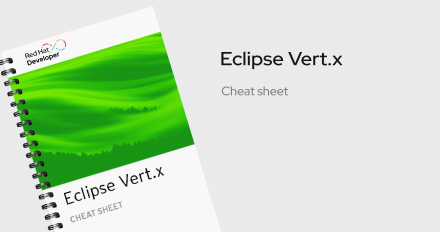
Eclipse Vert.x applications are fast, responsive, resilient and elastic. Here are step-by-step details to create them.
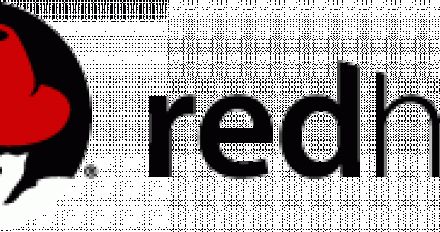
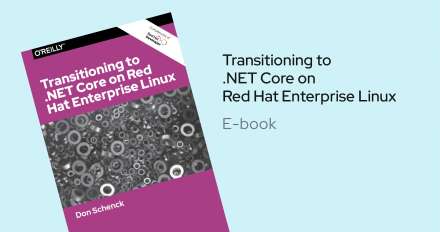
Move your .NET apps to the .NET Core open source platform on Red Hat Enterprise Linux and Red Hat OpenShift Container Platform.